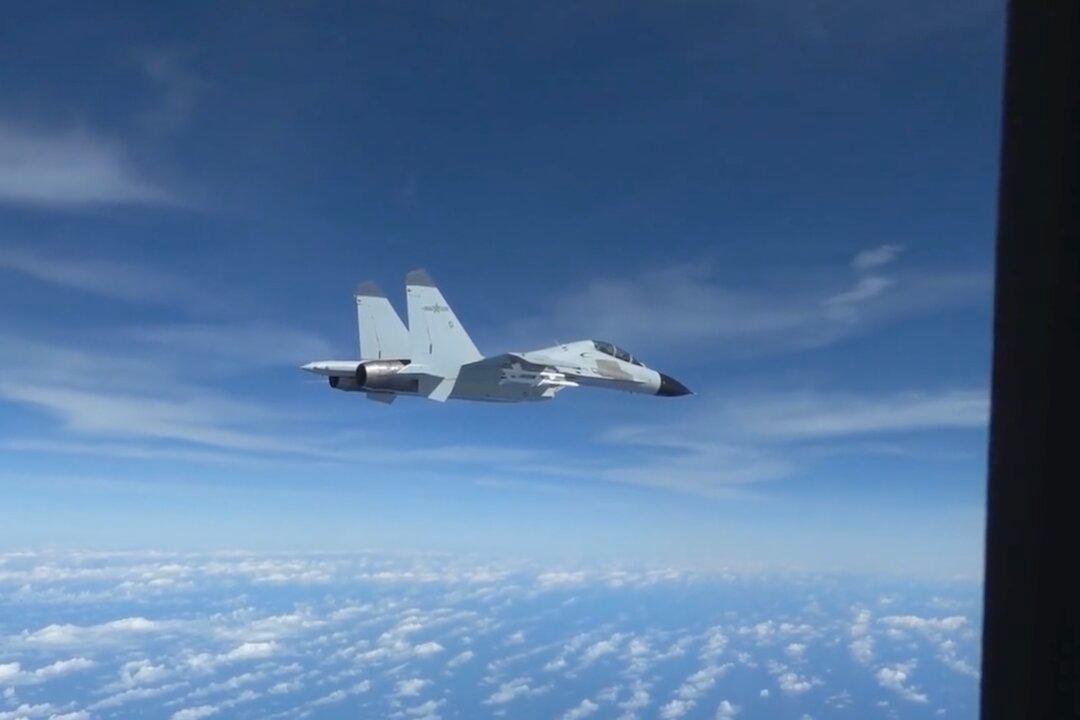The strategic ambiguity approach towards Taiwan is no longer relevant, according to John Mills, former director of cybersecurity policy, strategy, and international affairs at the Department of Defense.
The Chinese regime considers Taiwan to be part of its territory to be taken by force if necessary. Washington, under a policy known as strategic ambiguity, is deliberately vague on whether it would come to the defense of the island in the event of a Chinese attack. But the United States is bound to provide Taiwan with the means to defend itself under the Taiwan Relations Act.





